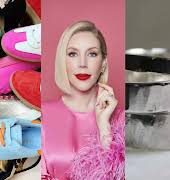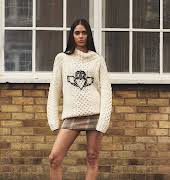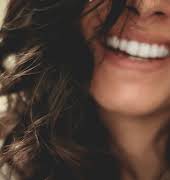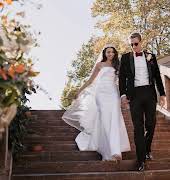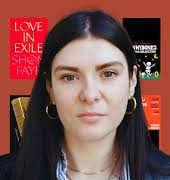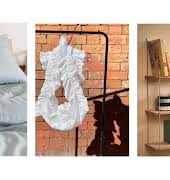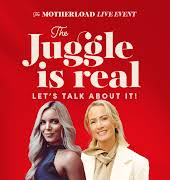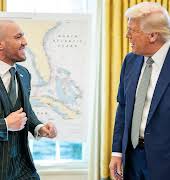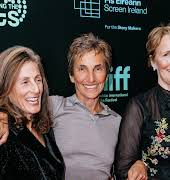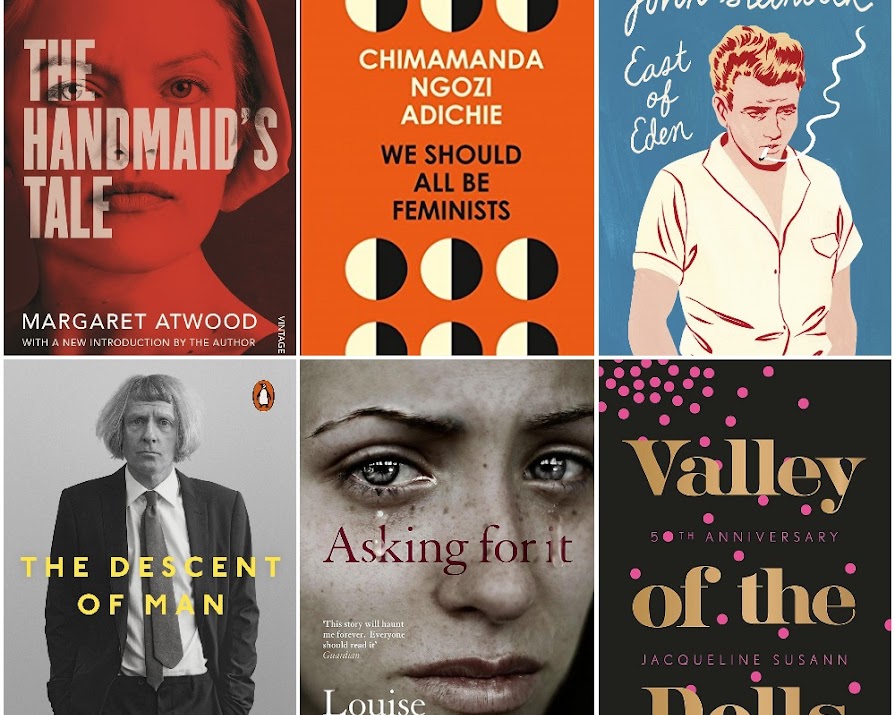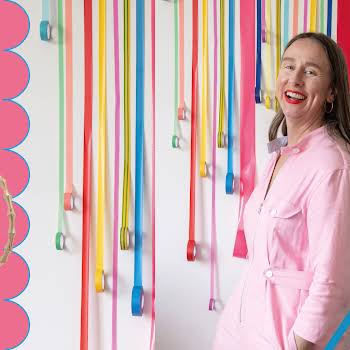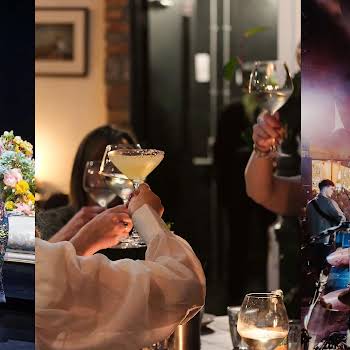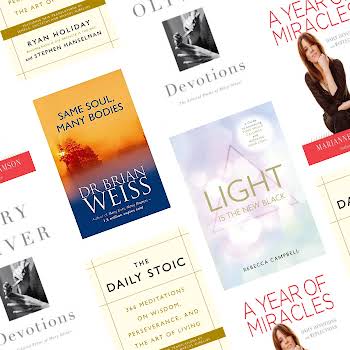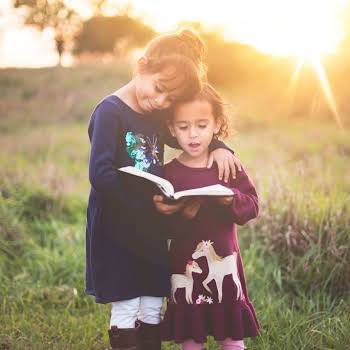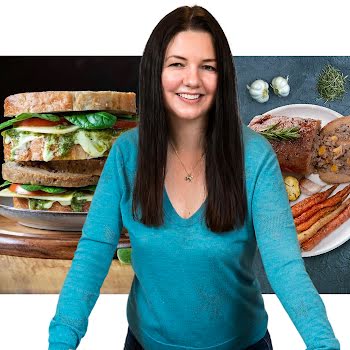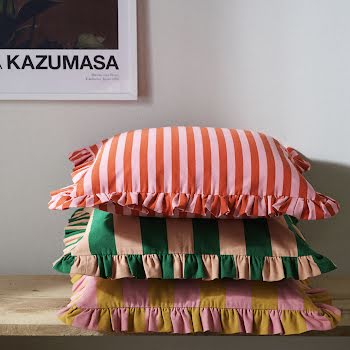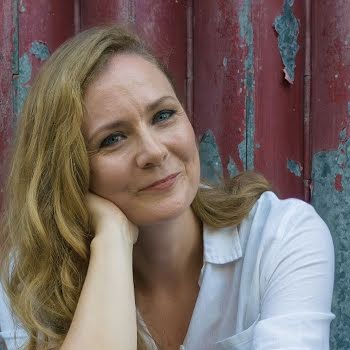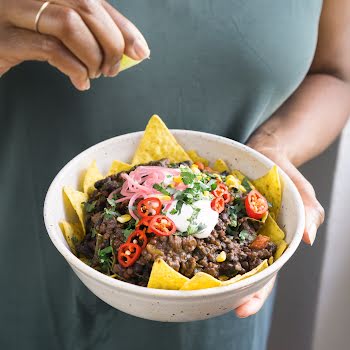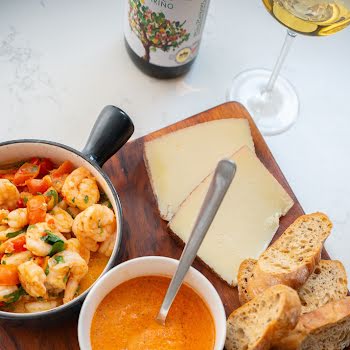
By Erin Lindsay
14th Dec 2020
14th Dec 2020
As children, most of us are voracious bookworms. I couldn’t fall asleep without reading when I was younger, no matter how heavy my eyelids were. What a shame it is that as get older jobs, responsibilities and grown-up fun take over, and many of us lose that hunger for reading. Books shape our character and our minds when we’re young. But are equally important as we age. It’s impossible to make a perfect list of books you should read by the time you turn 25 – every mind, life and experience are different. But these are some of our favourite picks of mind-moulding books for the modern young woman.
The Bell Jar – Sylvia Plath

I always scoffed at the idea of The Bell Jar being a young woman’s favourite book. It’s become such a cliché that I doubted it could live up to its hype. But as soon as I finished it, I became that stereotypical twenty-something.
The book follows Esther Greenwood, a new graduate from Boston, as she wins an internship with a prestigious fashion magazine in New York City, delighted that she may finally achieve her dreams of being a writer. But the pressure of her new job, the social pressures of parties and new relationships and her worsening mental health sees Esther’s life unravel.
Sylvia Plath has always been famed for her equally beautiful and uncomfortable writing on mental illness, which sadly foreshadowed her own death by suicide when she was just 30. The way The Bell Jar deals with social anxiety, the pressures of young adulthood and the suffocation of having to make a decision about your future at a young age will resonate with millennials everywhere.
Stand-out quote: “I saw my life branching out before me like the green fig tree in the story. From the tip of every branch, like a fat purple fig, a wonderful future beckoned and winked…I saw myself sitting in the crotch of this fig tree, starving to death, just because I couldn’t make up my mind which of the figs I would choose. I wanted each and every one of them, but choosing one meant losing all the rest…”
Freakonomics – Steven D. Levitt and Stephen J. Dubner

Growing into adulthood means many things, but a big part is learning how to think critically about things, and wading through the fluff to get to the facts. Freakonomics is a fun book, but it’s also a brilliant lesson in how to look at facts and statistics from a different angle, and how to train your brain to question what you read.
Young women are growing up in the age of Fake News, and now more than ever, we need to learn how to decipher information and make our own decisions about what we think. There’s plenty of information available on the dangers of Fake News, but Freakonomics takes a lighter and more laid-back approach. Questions such as why drug dealers live with their mothers, or why people cheat in relationships are answered with extensive research and an academic approach that still manages to be entertaining. Plus, we first heard about it from Orange is the New Black, so you know it’s got to be good.
Stand-out quote: “Morality, it could be argued, represents the way that people would like the world to work, whereas economics represents how it actually does work.”
The Handmaid’s Tale – Margaret Atwood

Reaching new-found fame since its TV adaptation last year (season 2 just premiered in the US this week), The Handmaid’s Tale has been a classic since it was first published in 1985.
Framed as a vision into a dystopian future, the novel follows Offred, a woman who, just a few years previously, had lived a normal life with her child and husband. But now, as a handmaid, she is one of the few women left with a functioning reproductive system, who is used by her host family to produce children for the upper classes. In this society, Offred has no agency, no control over her life or her body; all she has is hope, and she’s not giving that up any time soon.
The Handmaid’s Tale is disturbing, grim and terrifying, but the worst thing about it is how close to reality it feels. The TV series has done an amazing job in conveying the horrifying details of Offred and the other handmaid’s stories, but to really get into Offred’s head, the book is essential reading. Any young woman who’s grappling with ideas like bodily autonomy, sexism and the politics of power over women needs to read this.
Stand-out quote: “Nolite te bastardes carborundorum. Don’t let the bastards grind you down.”
How to Be a Woman – Caitlin Moran

When a girl is in her teenage years and first starting to think about what being a woman and feminism is all about, do her a favour and buy her this book.
Caitlin Moran’s hilarious and poignant writing make up this book of essays on everything you need to know about being female, including: should you get a bikini wax? Should you have kids? What should you call your boobs? How to Be a Woman is one of those books that feels like a funny, sassy older sister giving you life advice and a hug from the pages. Moran takes us through her own story of womanhood, the pitfalls and mistakes that she’s made (and that you’ll probably make too) and how she made it to the other side.
This book is feminism for the woman who isn’t sure about the ‘whole feminism thing’.
Stand out quote: So here is the quick way of working out if you’re a feminist. Put your hand in your pants.
a) Do you have a vagina? and
b) Do you want to be in charge of it?
If you said ‘yes’ to both, then congratulations! You’re a feminist.”
Valley of the Dolls – Jacqueline Susann

There are still many issues in how society views female beauty and sex appeal. Success seems to come to those who are beautiful more readily than it does for everyone else. Although things are improving, in the entertainment industry especially, it’s still a man’s world when it comes to the way women look.
Valley of the Dolls follows three women as they each try to make their way in post-war New York City. Ann is a reserved small-town girl wants to escape the suffocation of her life in New England; Neely, an outgoing vaudeville whose talent will take her further than she realises; and Jennifer, a gorgeous showgirl with a complicated past. As each woman grows and evolves throughout their careers, we see how their lives are shaped by their attractiveness to the opposite sex, and how their industry preys on their insecurities.
Valley of the Dolls debunks the stereotype of the attractive women with no substance, shows the value of women’s friendships and comradery and the danger of succumbing to Hollywood culture. With the emerging conversation on beauty politics and privilege, now seems like better than ever to read Jacqueline Susann’s 1966 novel (and depress yourself on how little has changed).
Stand-out quote: “You’ve got to climb Mount Everest to reach the Valley of the Dolls. It’s a brutal climb to reach that peak. You stand there. Waiting for the rush of exhilaration; but, it doesn’t come. You’re alone and the feeling of loneliness is overpowering.”
East of Eden – John Steinbeck

Right and wrong; good and evil; family; history; destiny. All heavy stuff, all beautifully dealt with in John Steinbeck’s masterpiece East of Eden.
It’s hard to explain succinctly what East of Eden is really about, but it covers love, identity, sin, relationships and so much more. The sprawling novel follows two families, the Trasks and the Hamiltons, over generations and how they repeat the same patterns throughout the years. The characters of both families are so well-developed that you almost feel as if they’ve been your own family all this time, and the epic themes of the book place it in almost every ‘Books You Should Read Before You Die’ list out there.
Stand-out quote: “And now that you don’t have to be perfect, you can be good.”
The Year of Magical Thinking – Joan Didion

For anyone who has ever lost someone close to them, this classic by iconic writer Joan Didion will teach you that grief is universal and that it’s almost never how you think it will be.
Joan Didion lost her husband John in 2003 to heart failure. She and John had been married for 40 years, and apart from the first few months of their marriage, they both worked from home, meaning they spent 24 hours a day in each other’s company. So, when all of a sudden he was gone, Didion spent the next year trying to piece together a life without his constant presence. Her writing examines the irrational behaviours we all engage in when we’re grieving; how you can feel guilty about the person dying and blame them at the same time; and the rituals a grieving person can embrace to attempt to bring back the person they’ve lost.
It’s a stunning piece of writing, and does what all good books set out to do; remind the reader that they are not alone.
Stand-out quote: “Life changes in the instant. The ordinary instant.”
Asking for It – Louise O’Neill

A tough read but a necessary one, Asking for It is Irish author Louise O’Neill’s second novel and was responsible for sparking a national debate on consent when it was first published in 2015. Movements such as #MeToo and #TimesUp followed, and Asking for It became a reference point for Irish girls to question how their bodies and sex are viewed.
Emma is a typical girl in a typical Irish small town. She’s popular, beautiful and enjoys the power she has in her circle of teenage friends. Until one night at a party, things go too far. Suddenly everything Emma had is gone; she’s now a slut, a liar, embarrassing, a life ruiner. The novel follows the aftermath of this night and how Emma has to navigate her experience with rape and sexual assault.
For every time someone mentions false rape claims; every time a man’s career is put before a girl’s life; every time someone talks about girls who were ‘asking for it’; read this book.
Stand-out quote: “They are all innocent until proven guilty. But not me. I am a liar until I am proven honest.”
We Should All Be Feminists – Chimamanda Ngozi Adichie

Based on her viral TEDx Talk of the same name in 2012, Chimamanda Ngozi Adichie‘s feminist manifesto for the modern woman is essential reading.
The essay examines everyday sexism, toxic masculinity and what it means to be a feminist in the 21st century. When it was first published in 2015, these were issues that were only beginning to be discussed as part of third wave feminism. Adichie’s writing brought them to the masses; the t-shirts with feminist slogans, your favourite Beyoncé song and even the fact that you’re proud to call yourself a feminist was probably influenced by this essay.
At a time where feminism is constantly scrutinised and criticised, it helps to refer back to a manifesto that’s funny, practical and relatable.
Stand-out quote: “Culture does not make people. People make culture. If it is true that the full humanity of women is not our culture, then we can and must make it our culture.”
The Descent of Man – Grayson Perry

With all these books examining what it means to be a woman, in your younger years, it also helps to understand what it means to be a man. Acclaimed artist Grayson Perry is no stranger to bending gender roles, but in this book, he examines how men and boys are taught to be masculine, and the problems this causes for everyone involved.
What would happen if we gave up the idea of macho manliness and embraced individuality? According to Perry (and we agree), the world would be a much better and happier place. He examines stereotypes; physical appearance; strength; emotions and everything that comes into being a ‘man’, and why our preconceived notions of manhood are so damaging for boys.
If Chimamanda Ngozi Adichie’s essay was the new manifesto for women, Grayson Perry’s book is the new manifesto for men. We can all learn a lot about how gender roles are bad news for both men and women, and this book helps to bring us all a little closer together.
Stand-out quote: “Men’s rights: The right to be vulnerable. The right to be weak. The right to be wrong. The right to be intuitive. The right not to know. The right to be uncertain. The right to be flexible. The right not to be ashamed of any of these”
A Good Time To Be a Girl – Helena Morrissey

In order to succeed in business and at work, it’s easy to assume that you have to play a part in the man’s game. But as Helena Morrissey examines in A Good Time to be a Girl, you don’t have to play the system; you can create your own.
Morrissey shows us that we don’t have to comply with a patriarchal system to succeed. As women are progressing to higher and more powerful positions in every industry, we can shape the power structure to be more accepting of women and our needs, wants and goals. A Good Time to be a Girl is an interesting examination of what success truly means and how women have the choice to define their own success.
While Sheryl Sandberg’s Lean In was the first example of how to be a strong woman in business, Helena Morrissey has taken the idea and debunked it for a new audience.
Stand-out quote: “You don’t need to choose between focusing on your own career and creating the conditions for broader progress; increasingly, these goals are linked”
Brave – Rose McGowan

Movements such as #MeToo and #TimesUp have permeated society and how we think about gender since their inception just last year. As things begin to change and discussions take place, a must-read book from one of the women who started it all should be on your reading list.
Rose McGowan came forward as one of the women who was abused by film mogul Harvey Weinstein in 2017 and her rape allegation and encouragement of #MeToo on social media was important in his downfall. McGowan had been in the public eye for years and her constant sexualisation, exposure of her private life and pressures of Hollywood began to erode at her wellbeing. Brave is her story of how she fought back against industry misogyny and told her story at every opportunity, regardless of criticism, discomfort and anger from others.
McGowan is often criticised as being ‘too angry’, ‘too raw’, ‘too loud’ in her appearances around #MeToo. Yes, she is angry, raw and loud. But she has the right to be. McGowan’s is a lesson to all of us that we shouldn’t have to quiet ourselves and our stories for the comfort of the masses.
Stand-out quote: “You may think that what happens in Hollywood doesn’t affect you. You’re wrong. My darlings, who do you think is curating your reality? Who is showing you who and what you want to be?”
The Opposite of Loneliness – Marina Keegan

In your twenties, life and youth can sometimes feel like they will go on forever. Sometimes, it’s good to think about what’s really important and to look to your future and what it will be. Marina Keegan’s collection of essays about life, hope and possibility will resonate with all young people who are daydreaming about what their future holds.
Marina Keegan had just graduated from Yale in May 2012 and the world was her oyster. She had a job waiting at the New Yorker and a play to be produced at the New York International Fringe Festival. Her life was all set to begin when she tragically died in a car accident five days after graduation. In the midst of grief over her death, her last essay for the Yale Daily News entitled ‘The Opposite of Loneliness’ went viral all over the world. This book is a collection of her essays written before she died at just 22 years old.
The Opposite of Loneliness is a reminder to all of us that we have the capacity to do great things in our lives and how we can harness our potential to achieve our goals.
This article was first published in March 2019.
Read more: 7 unforgettable books we loved in 2020
Read more: 5 films even better than the book to watch on a cold, dreary evening
Read more: 8 brilliant books worth reading (that you may have missed)

